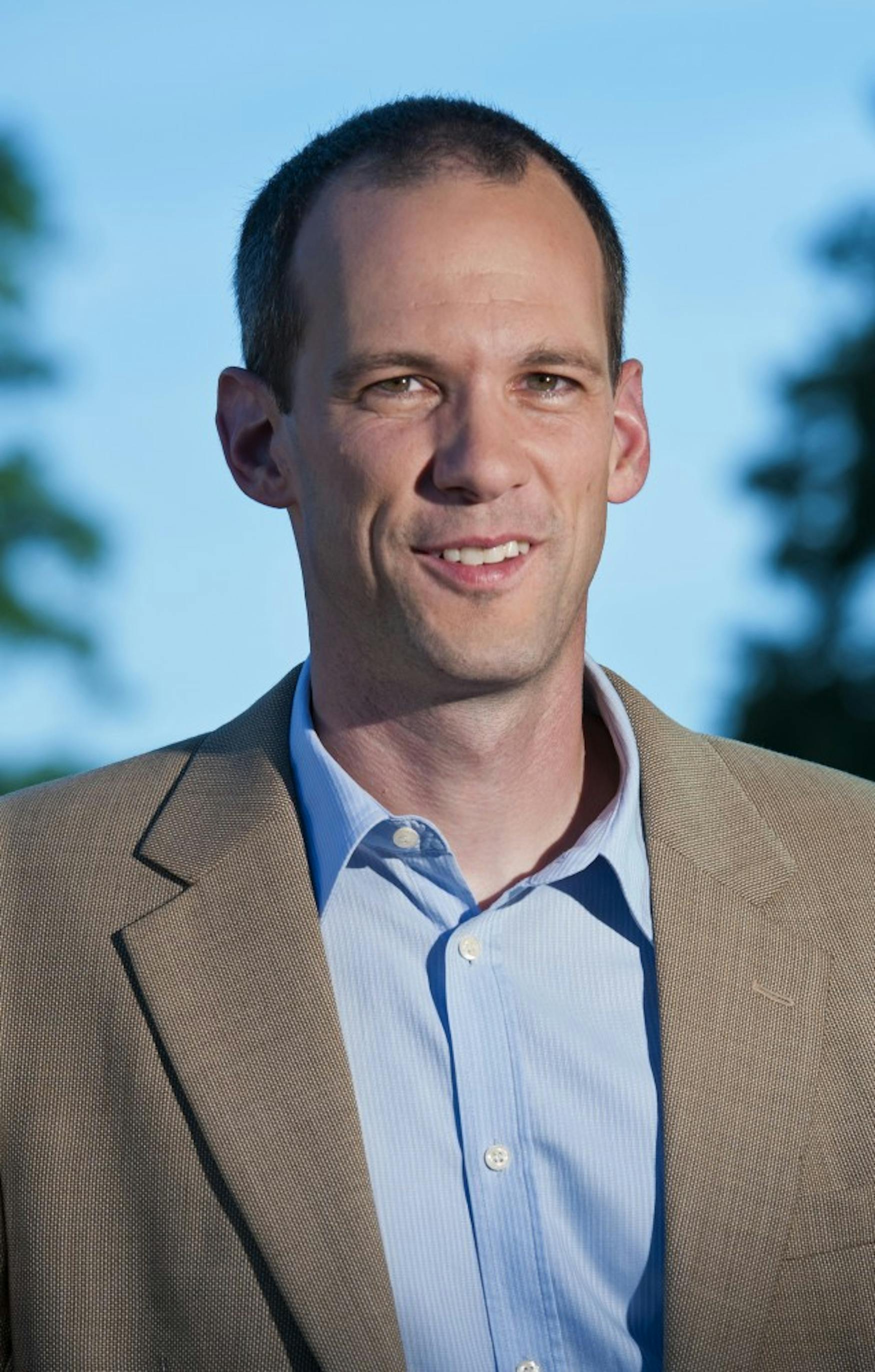From the history pages to the film screen
If you have ever been to North Carolina, then you have been to a state that once held the name “Klansville, U.S.A.” Nicknamed “Klansville” for its overwhelming Ku Klux Klan membership, North Carolina became a state whose Klan population surprisingly outnumbered those in all the other southern states combined.
The fact that what was considered a “progressive” state like North Carolina could become a national leader in the Klan revival during the 1960s inspired Prof. David Cunningham (SOC) to write the book Klansville, U.S.A: The Rise and Fall of the Civil Rights-Era Ku Klux Klan. Two years later, the PBS documentary Klansville, U.S.A., was based off his work and broadcasted on Jan. 13, 2015.
Cunningham served as a consultant for the film, he said, sharing information, data and materials that he had gathered through his own research. The hour-long documentary focuses on the story of a Klan leader, Bob Jones, who was also the state leader in North Carolina. “It’s very much about his relationship [with] George Dorsett, who was this charismatic preacher who gave these fiery militant speeches at all of the Klan rallies,” he said. “Both of them are important in the book as well, but the film really becomes about them and uses them to understand the Klan more broadly.”
“The reason I focus on North Carolina is because it turned out that there were more Klan members in North Carolina than the rest of the south put together—which was a surprise to me, given that most of the infamous acts of violence by the KKK that people know about took place in the Deep South,” Cunningham said.
Cunningham came to Brandeis in 1999 and has spent the last three years as the Sociology department chair. He has worked closely with the International Center for Ethics, Justice and Public Life and the Heller School for Social Policy and Management. He has also worked with the Social Justice and Social Policy program.
“The work on the KKK initially came out of work on my dissertation and an earlier book I did that’s focused on FBI counterintelligence programs against a whole range of social movements,” Cunningham said. “One of the groups the FBI had targeted in the ’60s was the Klan and I kind of got interested in what the KKK was like through the FBI’s lens.”
Dormant since the 1920s, the Klan thrived in the 1960s as a result of the growing Civil Rights Movement and the Brown v. Board of Education decision. “It had a strong relationship to the threat and anxiety that a lot of white residents felt was posed by the end of formal segregation,” Cunningham said.
A source of Cunningham’s motivation for his book came from the idea of North Carolina being a “largely ignored” period of Klan history, he said. He believes that it is not present in most textbooks “because a lot of people think of the KKK in that era as part of a lot of Civil Rights Movement stories that are really well known. But for whatever reason, nobody had really dedicated a study to the Klan in the 1960s in the same way.”
Throughout his research, Cunningham was fascinated by the different ways in which the Klan seemed significant to different people. In interviews with state police officers, he learned that many did not think the Klan was hurting anybody. “They wouldn’t investigate cross burnings and acts of terror like that because it wasn’t a situation in which anybody was hurt or killed,” he said. “They just didn’t think it mattered much even though it had serious consequences for people who were victimized by it.”
“What I was really interested in is how this happened within communities, how you could have so many members join something extremely and obviously hateful like the Klan, and then what that means for the community moving forward,” he said.
In fact, a major part of Cunningham’s research focuses on the lasting impact a mass movement like this has on communities. He feels that it is important to study racial discrimination and racial conflict not just as a particular event, but also as a central part of America’s history.
“In communities where the Klan was active in the 1960s, there used to be a higher rate of violent crimes. The idea is that really the Klan is a vigilante group—so they say they’re going to take law and order into their own hands. When you delegitimize authority like that, it really continues to break apart the community even 50 or 40 years after the fact,” Cunningham explained.
Another example of a lasting impact can be seen in Cunningham’s research on the political influence of the Klan. He observed that North Carolina experienced a significant shift from a Democratic to a Republican state partisanship because of the Klan. “[It was] the biggest political change probably in the country over the last 50 years,” he said. “We found that in areas where the Klan were, there was a significantly more pronounced shift towards Republican voting in comparison to towns where the Klan were not active.”
On April 1, there will be an on— campus viewing of the documentary in conjunction with the Richman Distinguished Fellowship in Public Life.
A discussion panel will follow, featuring: Cunningham, filmmaker Callie Wiser, Civil Rights legend Julian Bond and Prof. Anita Hill (Heller).



Please note All comments are eligible for publication in The Justice.